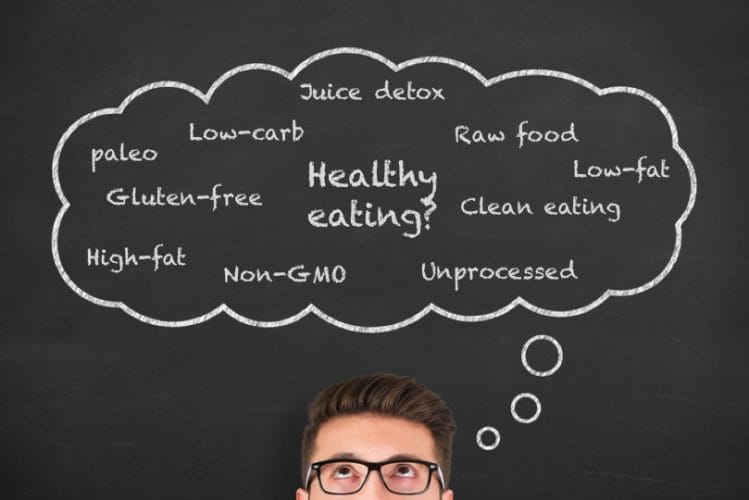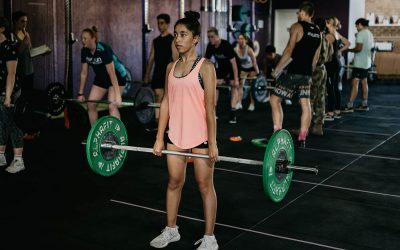I think we have a understanding that we should:
Eat meat and vegetables, nuts and seeds, some fruit, little starch and no sugar. Keep intake to levels that will support exercise but not body fat.
But here are a couple other important things to consider:
Not eating enough quality foods.
Eating less than 70% of your daily needs can start to cause negative issues, eating 50% of your daily needs and you’re really asking for problems.
Often when people think weight loss (weight is not the all indicator more on that later). They simply think eat less. Eat less to lose weight, well yes and no.
You will lose weight, however that weight will mostly be water and since we are only concerned with losing actual body fat weight that does us no good.
When you begin to restrict your food and thus total energy (calories) intake you are taking away from the energy your body needs to simply function. Without this energy source your body will start to use energy from your lean mass to continue to function properly. Again, you’re losing weight but now it’s from your muscle with this loss in muscle your actual body fat percentage will increase.
As your body starts to adjust to low amount of energy consumed your metabolism (Metabolism is a term that is used to describe all chemical reactions involved in maintaining the living state of the cells and the organism) also begins to slow. The longer you do this the more your body adapts, so when you start to eat normally again the weigh goes on quick and abruptly. Not good.
In a nutshell:
- The more your metabolism slows down.
- The more muscle you lose.
- The more your body becomes stressed.
- The more your anabolic hormones decrease.
Ok, so how do I know how much to eat!?!? You can use this very basic outline. If you have had your body fat tested you should have gotten a RMR number of approximately how many calories your body is using per day at rest. Take that number and you can use a general template of 40% protein, 30% carbohydrate, 30% fat. This is a very general but can be useful.
Not eating enough protein:
A low-protein diet is great for accelerating muscle loss while in a caloric deficit.
High-protein diets, on the other hand…
- Are more effective at reducing body fat, including abdominal fat in particular.
- Help preserve lean mass.
- Increase satiety, helping you avoid hunger pangs and cravings.
There is tons of research available on high-protein dieting makes it very clear that it’s simply a superior way to diet for weight loss, and especially if you’re exercising as well.
How much protein should you be eating, then?
1 to 1.2 grams per BW is a good place to start.
There you have it. Just 2 small things to consider. And of course you are:
Eating meat and vegetables, nuts and seeds, some fruit, little starch and no sugar. Keep intake to levels that will support exercise but not body fat.


